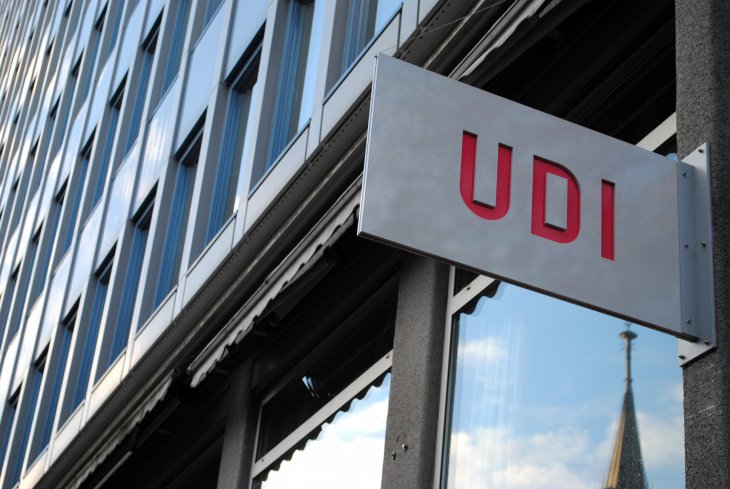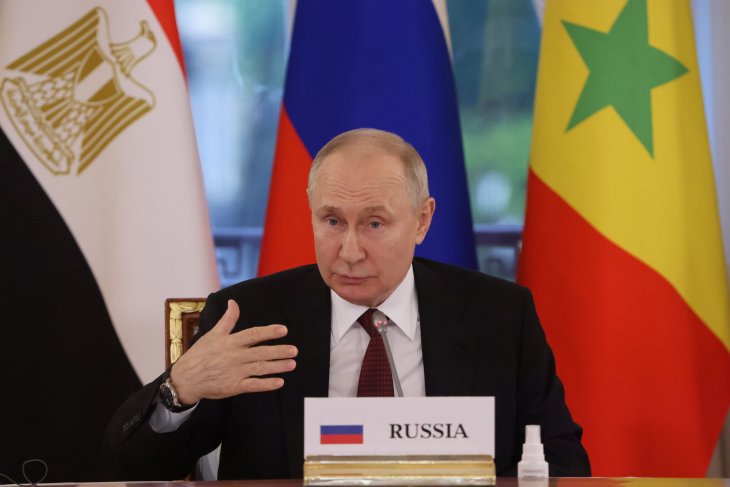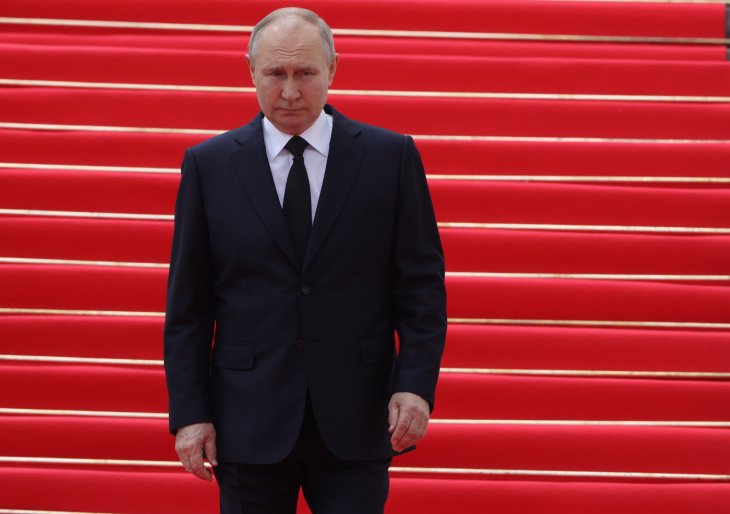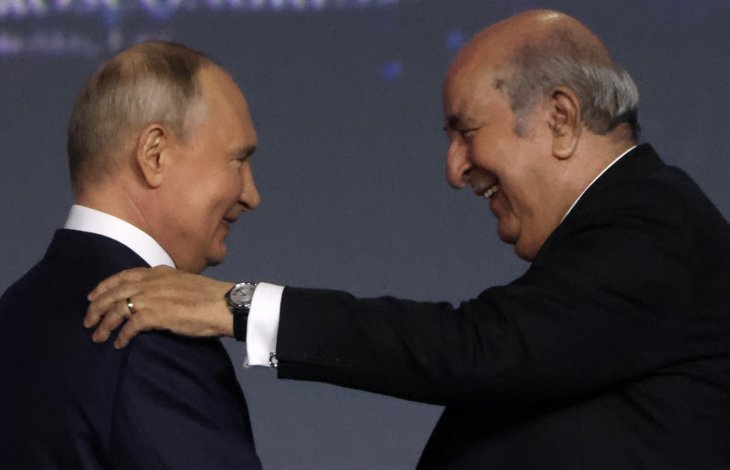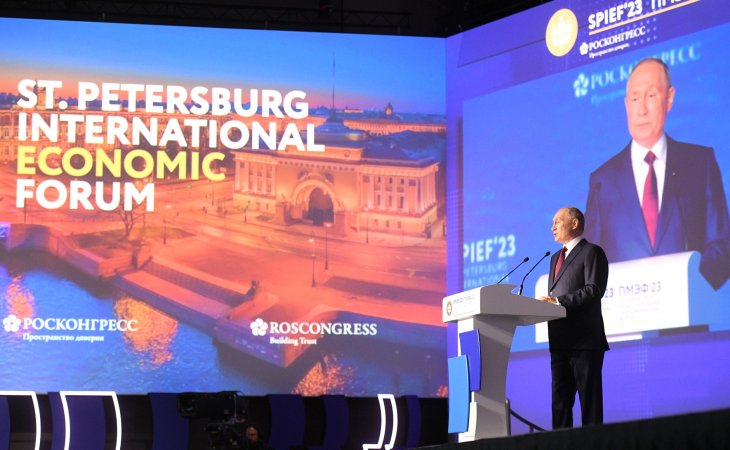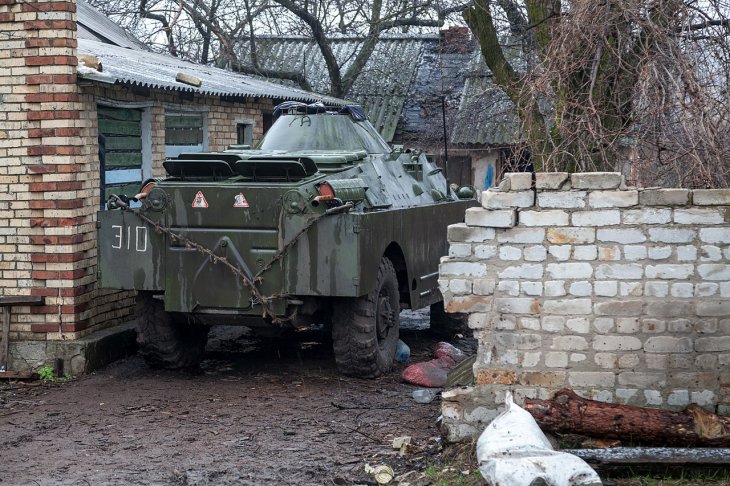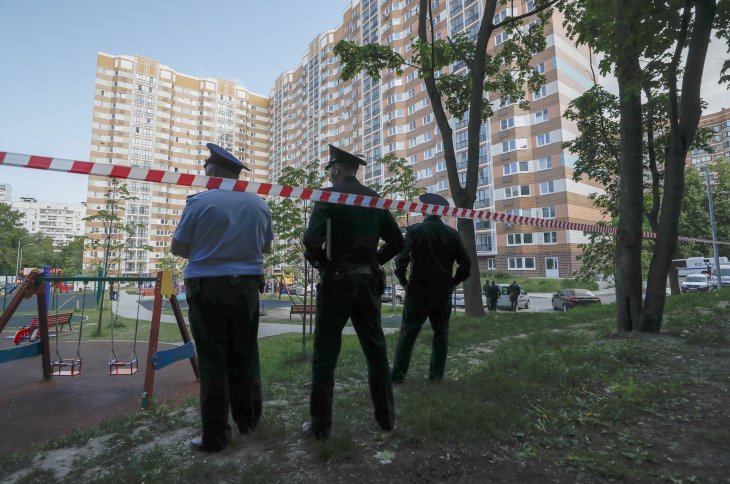The summit of the North Atlantic Treaty Organization (NATO) in Vilnius, Lithuania, on July 11 and 12 will likely not produce any sensational joint decisions; it is set, nevertheless, to signify a major step in reconfiguring and reinforcing the European security system.
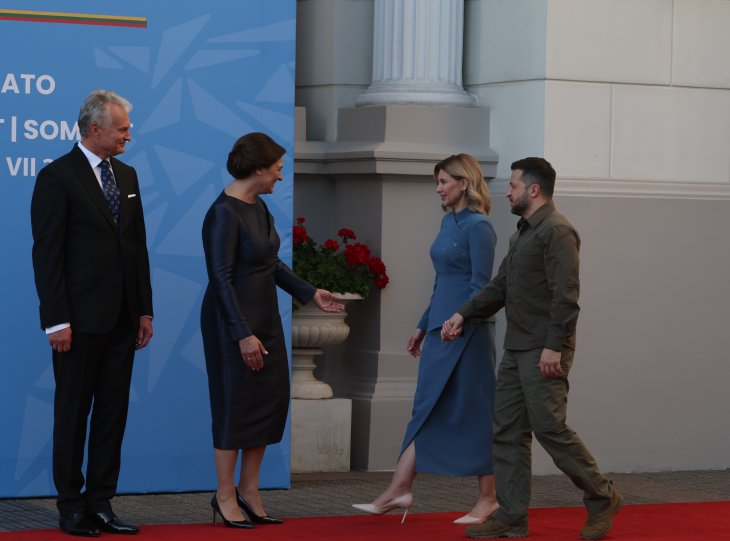
Vilnius July 11: Ukraine’s President Volodymyr Zelenskyy and his wife attend a dinner hosted by the President of Lithuania, Gitanas Nauseda within the NATO Heads of State and Government Summit. Photo: Mustafa Kamaci/Anadolu Agency via Getty Images
Russia’s aggression against Ukraine has shaken this system badly, and NATO, which used to be just one of the structures in this complex institutional architecture, has taken on a pivotal role in restoring the material and normative foundations of common security.
Ensuring and demonstrating the unity of allies is always a central task of such meetings, but this summit has the harder task of consolidating the purpose of this unity — to invest all necessary efforts in empowering Ukraine to defeat Russia’s aggression and restore its territorial integrity.
The Kremlin pins its hopes for prevailing in the long war on splits in Western solidarity, and it is about to receive an unequivocal message that time is not on its side.Read More

